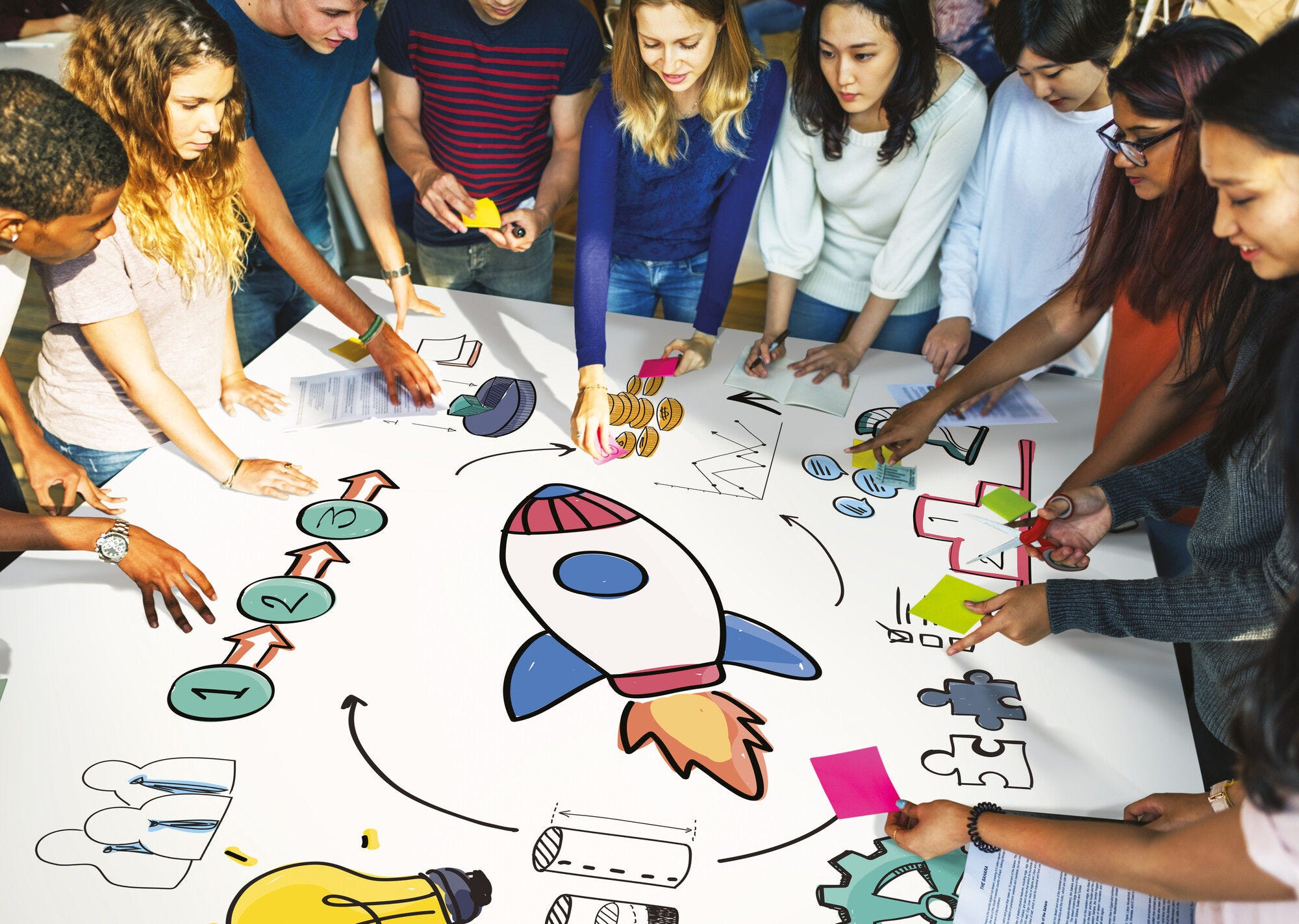Trends Shaping Education 2022 explores megatrends affecting the future of education, from early childhood through to lifelong learning. Each chapter starts by examining the impact of COVID-19 before turning to the trends and their implications for education.
Chapter 1, Growth, shows how economic growth has lifted millions out of poverty and raised living standards worldwide. Yet despite increasing affluence, socio-economic inequalities are widening, and the unsustainable use of resources is straining our environment. As we increasingly search for new economic opportunities beyond our planet’s borders, rising pressures such as rapidly ageing populations give added urgency to rethinking growth models to reconcile shared prosperity and sustainable life.
Education has traditionally benefitted economic growth by enabling social mobility and cultivating the competences necessary for individuals to participate in the economy. The provision of high‑quality education, lifelong and life-wide, is key to the upskilling and reskilling needed for all citizens to contribute to society, no matter their age. It is also important in raising environmental awareness and developing the technical and critical thinking skills necessary for a sustainable future, both here on Earth and beyond.
Reconciling growth and sustainability also means changes to our working and private lives. Chapter 2, Living and working, highlights the steady reduction in working hours from a century ago, and the rise of flexible work, such as part-time or telework. Digital technologies increasingly help us manage our private life, from tracking our daily steps to organising our dating. At home, family structures continue evolving, with slow but steady steps towards gender equality. Still, ensuring safe communities and affordable housing remain challenges.
Education can help forge communities where all members are cared for, providing support that might not be found elsewhere. Robust lifelong learning systems can build the adaptability and resilience required for the future of work. But these trends also raise questions: What is the role of education in preparing for life outside of work? For continuous learning beyond the context of formal education? How can education systems better recognise and build on what is learnt outside of school?
In this changing context, chapter 3 turns to Knowledge and power. Digital technologies enable almost endless data and information, providing new, powerful means to make decisions and solve problems. Yet, new issues have emerged, such as how to deal with abundant, sometimes fake or misleading information in a rapidly changing context, and how best to successfully mobilise our collective intelligence. In today’s world, greater information and knowledge come with greater uncertainty. Governing knowledge effectively is central to both individuals and collectives.
Promoting relevant research and scaling up effective innovations is key to enhancing education’s quality. But this readily accessible universe of information triggers essential questions just as powerful algorithms raise issues of ethics, transparency and accountability. How do we support all individuals to not only access information, but know what to do with it when they have it? Can we develop more inclusive governance, enhance evidence use and quality and increase public trust?
Chapter 4, Identity and belonging, explores the importance of understanding who we are and where we belong. In a global and digital world, individualisation and choice increasingly define our lives and traditional binding powers like religion and nationhood are declining in many countries. The virtual world facilitates the exploration of identities in entirely new ways, giving individuals and groups greater voice and allowing new forms of belonging. Yet still, societies are becoming more fragmented and many forms of disadvantage and discrimination remain unchallenged.
Education must meet the needs of diverse learners while simultaneously cultivating global competences for the 21st century. Education can help socialise students into common norms and values while supporting the positive identities and agency needed to pursue learning and well-being. Identifying and reducing discrimination and disadvantage is a key first step to ensuring accessible, adaptable and affordable education for all.
Lockdowns and social distancing in the pandemic pushed us to reflect about our relationships with others, with nature and with ourselves. Chapter 5, Our changing nature, highlights the intertwined societal and environmental processes that shape human well-being, from food production and eating to digital communications and face-to-face relations. We must find a new relationship between innovation and progress, what is technologically possible and our societal and planetary needs. Climate change has given us an imperative; ongoing advances in physical, cognitive and emotional enhancement further raise fundamental questions about what it means to be human.
Education can help foster thriving relationships with our minds and bodies, with others and with the natural world. It is key to helping us think through emerging social and ethical challenges, taking into account individual as well as collective and planetary well-being.












